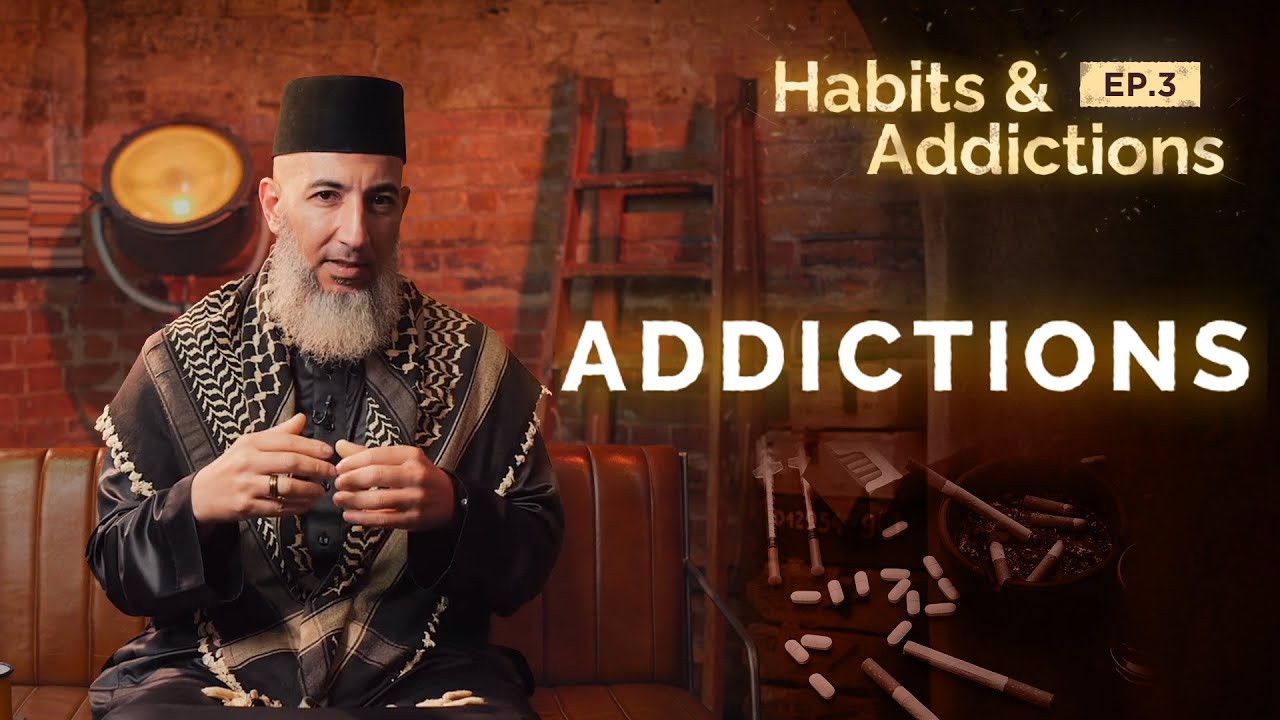Why B.C. is making drugs illegal in public again | About That
Summary
TLDRBritish Columbia's pilot project to decriminalize hard drugs like cocaine and heroin has faced criticism for its unintended consequences. The initiative aimed to reduce stigma and treat addiction as a health issue, but it led to increased public drug use and safety concerns. Despite the rise in overdose-related calls and deaths, treatment capacity remains limited. The province is now seeking to amend the law to make public drug use illegal again, while still allowing possession in private and safe injection sites.
Takeaways
- 🚫 **Decriminalization Reversal**: British Columbia is considering making public drug use illegal again after decriminalization led to increased public consumption.
- 🌐 **Global First**: This is Canada's first large-scale attempt at drug decriminalization, marking a significant policy experiment.
- 🏥 **Health Concerns**: The rise in public drug use has raised health concerns, especially for vulnerable groups like hospital patients and workers.
- 👮♂️ **Police Concerns**: The British Columbia Association of Chiefs of Police has expressed significant concern over the increase in public drug consumption.
- 📈 **Record Deaths**: Despite decriminalization, British Columbia saw a record number of drug-related deaths, with over 2500 in the first year of the pilot.
- 🆘 **Overdose Spike**: Overdose-related 911 calls increased by 25%, marking the largest jump on record.
- 🏠 **Public Spaces Impacted**: Open drug use in public spaces like parks, restaurants, and hospitals has become a significant issue.
- 💊 **Treatment Challenges**: There has been a lack of increase in treatment options, with long waits for inpatient programs and rehab.
- 🏛️ **Legal Shift**: The amendment would still allow for possession of small amounts of drugs in private residences and safe injection sites, but not in public.
- 📉 **Stigma Not Reduced**: Despite the intention to reduce stigma, some drug users feel that the situation has gotten worse, not better.
Q & A
What was the initial goal of drug decriminalization in British Columbia?
-The goal was to remove the stigma around addiction, encourage people to seek help without fear of arrest, and treat addiction as a health issue rather than a criminal one.
What was the British Columbia Association of Chiefs of Police's concern regarding public drug consumption?
-They were concerned about the rise in public consumption of illicit drugs, leading to issues like increased homelessness and open drug use in public spaces, which was becoming a problem especially in cities like Vancouver.
How did the public drug use affect the community and health workers?
-Public drug use led to safety issues and health concerns, including exposure to secondhand smoke and toxins, which affected not only drug users but also the general public and health workers.
What was the reported incident involving a nurse and a patient smoking an illicit substance in a hospital?
-A nurse in Vancouver found a patient smoking an illicit substance in her ward upon returning from maternity leave, leading to severe exposure that required emergency care and advice to stop breastfeeding her infant.
What was the impact of decriminalization on drug-related deaths and overdose calls in British Columbia?
-The province saw a record number of drug-related deaths and a 25% increase in overdose-related 911 calls, marking the biggest jump on record.
What was the expectation regarding treatment and recovery under the decriminalization pilot?
-The expectation was that decriminalization would lead to better treatment, more recovery, fewer overdoses, and fewer deaths.
How did the actual data on opioid Agonist treatment prescriptions compare to the expectations?
-The data showed that the number of people receiving prescriptions for opioid Agonist treatment in December 2023 was about the same as the previous year, indicating no significant increase in treatment seeking.
What was the criticism regarding the province's approach to treatment capacity before decriminalization?
-Critics argued that the province should have built up treatment capacity first to ensure they could help everyone who wanted help before implementing decriminalization.
What changes is British Columbia seeking with the amendment to the decriminalization pilot?
-The amendment aims to make public drug use illegal again, allowing police to compel users to leave public places, seize their drugs, and arrest them if necessary.
What has been the reaction from other provinces to British Columbia's experience with decriminalization?
-Other provinces, like Ontario, are concerned and are considering fighting against similar projects, fearing the same issues of increased public drug use and its consequences.
Outlines

This section is available to paid users only. Please upgrade to access this part.
Upgrade NowMindmap

This section is available to paid users only. Please upgrade to access this part.
Upgrade NowKeywords

This section is available to paid users only. Please upgrade to access this part.
Upgrade NowHighlights

This section is available to paid users only. Please upgrade to access this part.
Upgrade NowTranscripts

This section is available to paid users only. Please upgrade to access this part.
Upgrade NowBrowse More Related Video
5.0 / 5 (0 votes)





